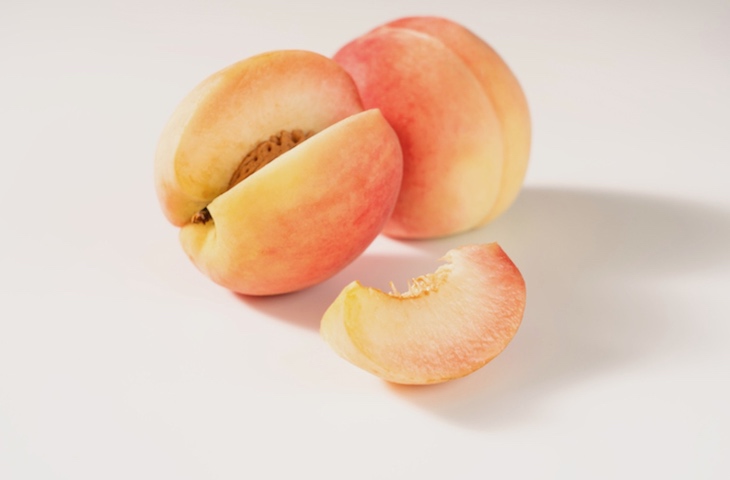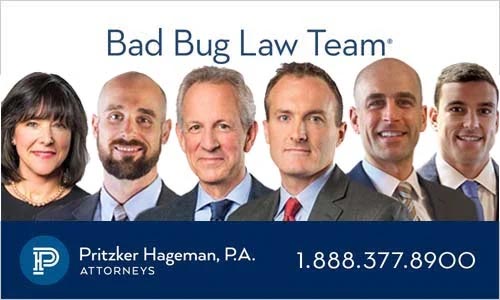The FDA investigation into the peach Salmonella outbreak is continuing even as the Centers for Disease Control and Prevention (CDC) has declared the outbreak over. At least 101 people in 17 states were sickened in this outbreak which was first identified in August 2020. Twenty-eight patients were hospitalized.

The patient case count by state is: California (1), Connecticut (1), Illinois (1), Iowa (11), Kansas (1), Kentucky (1), Maryland (1), Michigan (18), Minnesota (27), Missouri (2), New Jersey (8), New York (14), Ohio (1), Pennsylvania (4), Vermont (1) Virginia (3), and Wisconsin (6). The ages of patients ranged from 1 to 92 years. Illness onset dates range from June 29, 2020 to August 27, 2020. No deaths were reported.
This outbreak prompted many recalls, including secondary recalls of foods made with the peaches. The FDA has published a table of all of the recalled products contained in the linked article; look at it carefully to ensure that you do not have any of these products in your home at this time. And if you froze or canned peaches in August, and you aren’t sure if you used any of the recalled Wawona peaches, discard them.
The FDA investigation into the peach Salmonella outbreak identified multiple distributors, packing facilities, and orchards that supplied peaches during the critical time period. FDA’s traceback investigation is ongoing, but officials have not determined the cause and source of this Salmonella Enteritidis outbreak.
FDA investigators have completed more than 570 product and environmental sample analyses from multiple locations. They took swabs from the environment, from peaches, and from peach tree leaves. A genetic match to the outbreak strain has not been identified in any of the samples. A different type of Salmonella bacteria was found in one sample, but no peaches linked to that sample was sold to consumers.

If you or a loved one has been diagnosed with food poisoning, you can contact attorney Fred Pritzker for help by calling 1-888-377-8900 or 612-338-0202.
Noted food safety lawyer Fred Pritzker, who has filed many lawsuits on behalf of Salmonella patients, said, “No one should get sick because they bought fresh peaches. It is illegal to sell food that is contaminated with enough bacteria to make someone sick.”
Prima Wawona was the brand name linked to the outbreak, even though environmental and product samples from that company’s facilities did not test positive for the outbreak strain. Traceback investigations, which traced the peaches sold from stores where patients shopped, identified that company.
Symptoms of Salmonella food poisoning include a fever, nausea, vomiting, stomach and abdominal pain and cramps, and diarrhea that may be bloody.

If you or a loved one have been sickened with a Salmonella Enteritidis infection after eating recalled Prima Wawona peaches, please contact our experienced attorneys for help at 1-888-377-8900 or 612-338-0202.




